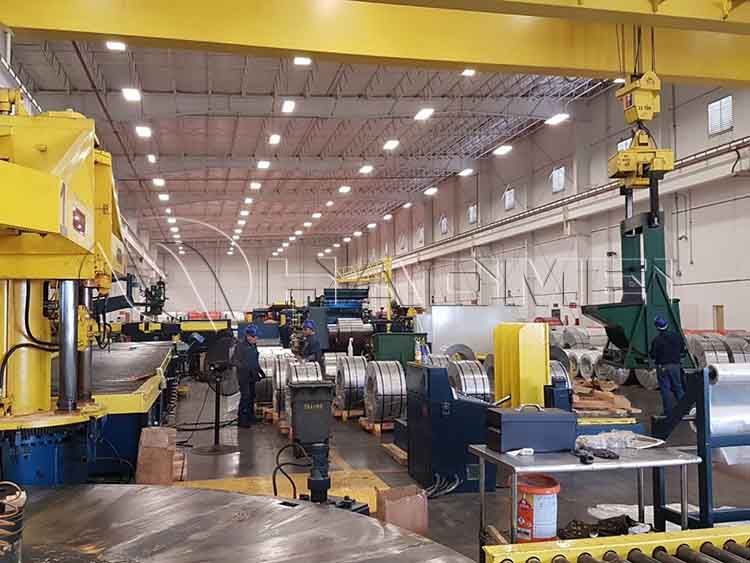Among numerous lightweight materials, automotive grade aluminum coil strip, thanks to its excellent plasticity, corrosion resistance, and cost-effectiveness, has become a key material in automotive manufacturing—used in everything from the body shell to core components.

Multiple applications
Body panels
Exterior components such as hoods, doors, and trunk lids are mostly stamped from thin-gauge aluminum coils. Aluminum coil's high ductility allows these components to conform to complex body curves. It's 30%-50% lighter than traditional steel, reducing vehicle weight. Subsequent treatments such as painting and anodizing can also enhance the vehicle's appearance.
Structural and safety parts
High-strength aluminum coils are used in key components such as chassis crossmembers, anti-collision beams, and battery casings (especially for new energy vehicles). Heat treatment significantly enhances the impact resistance of these coils. For example, aluminum coils used in battery casings not only achieve lightweighting but also provide compression and corrosion protection for the battery pack, reducing safety risks.
Interior and accessory parts
Aluminum coils are also commonly used for interior components such as dashboard brackets, seat frames, and air conditioning ducts. Aluminum coil's ease of processing allows for complex hollow designs, reducing excess weight. Furthermore, aluminum's recycling rate exceeds 90%, aligning with the automotive industry's "green manufacturing" trend.
Mainstream alloys
1 series pure aluminum coil
With a purity exceeding 99%, it boasts excellent plasticity and ease of welding, but exhibits relatively low strength. It is primarily used in automotive interior trim (e.g., center console trim strips) and heat sinks, where strength requirements are low.
3 series aluminum coil
The addition of manganese significantly improves corrosion resistance and strength, while offering reasonable cost. It is commonly used in components that must withstand external forces and come into contact with liquids, such as automotive fuel tanks, air conditioning evaporators, and battery casings.
5 series aluminum coil
With magnesium as the primary alloying element, it has higher strength than 3 Series aluminum while maintaining excellent weldability. It is a common material for body structural parts, such as chassis subframes and door inner panels. Some new energy vehicle battery casings also use 5 series aluminum coil.
6000 series aluminum coil
This is a common grade for automotive exterior panels and structural parts. The combination of magnesium and silicon ensures high plasticity (facilitating stamping) while also enhancing strength through a "bake hardening" process (high-temperature baking after stamping can increase strength by 20%-30%). It is suitable for components such as body panels and anti-collision beams, which require both formability and strength.
6016 aluminum coil
Among the 6-series alloys, 6016 is a common specification for automotive exterior panels and is widely adopted by automakers. This is primarily due to its ability to meet three core requirements for body panels:
Good formability
Exterior panels (such as hoods and roofs) often feature complex, streamlined curves, requiring high material ductility. 6016 aluminum coil has an elongation exceeding 25%, enabling smooth processing in complex stamping processes such as deep drawing and stretching, preventing cracking and wrinkling in components and reducing production scrap.
Bake hardenability
6016 aluminum coil features "age hardening" properties. After stamping, it undergoes high-temperature baking (150-200°C) during the automotive painting process. This creates microscopic strengthening phases within the alloy, further enhancing component strength (yield strength can be increased from approximately 120 MPa to over 180 MPa). This not only meets the material's plasticity requirements during stamping, but also ensures the strength of the finished product.
Excellent corrosion resistance
Cars are exposed to constant wind and rain, making corrosion resistance crucial for their body components. 6016 aluminum coils naturally form a dense oxide film on their surface. Combined with electrophoresis and painting processes, this film effectively resists acid rain and salt corrosion, extending the life of the vehicle and reducing ongoing maintenance costs. Welcome to inquire 6016 aluminum specification from us directly.